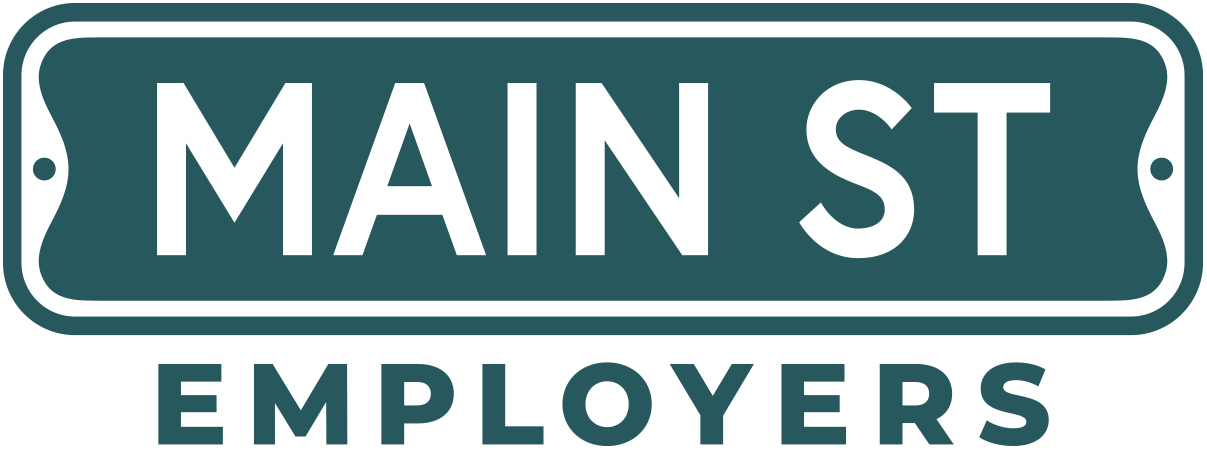The Main Street Employers Coalition joined with over 40 national organizations in support of H.R.…
ENABLERS Act Opposed by 75+ Trade Associations
Today, the Main Street Employers Coalition joined with dozens of its trade association allies to oppose the ENABLERS Act, legislation that would put some 30 million law-abiding small businesses in the crosshairs of federal law enforcement.
At its core, the ENABLERS Act relies on criminals, including the lawyers and other financial professionals who assist them, to voluntarily provide an accurate picture of their activities to Treasury. As the letter signed by MSEC makes clear, the chances of bad actors self-reporting their crimes is miniscule at best, meaning the bill’s reporting requirements — and the threat of hefty fines and jail time — will fall almost entirely on the small business community.
The text of the letter is below, and can be accessed by clicking here.
The undersigned organizations represent millions of Main Street businesses and strongly oppose the Establishing New Authorities for Business Laundering and Enabling Risks to Security (ENABLERS) Act, which passed the House as part of this year’s National Defense Authorization Act (NDAA).
Under the guise of combatting illicit activities, the ENABLERS Act would require a broad pool of covered businesses, foundations, and charities to collect and report beneficial ownership information, report any suspicious transactions, and establish and enforce anti-money laundering policies.
This legislation would dramatically expand the recently-enacted Corporate Transparency Act’s (CTA) reporting requirements, despite the fact that those requirements have yet to be put in place and are unlikely to result in any meaningful law enforcement successes.
While the bill’s stated goal is to increase reporting by “professional service providers who serve as key gatekeepers to the U.S. financial system,” its broad language would cover the owners, board members, and senior executives of most businesses and charities. Anyone engaged in an entity’s formation, acquisition, or disposal would be covered, as would owners and employees engaged in nearly every financial activity of the business, including money management, payment processing, wire transfers, or buying and selling currencies.
These covered individuals would be subject to audits conducted by the Treasury Department initially, while the Act requires Treasury to recommend additional enforcement tools after a year. By way of comparison, the related CTA imposes fines of up to $10,000, and jail time of up to two years for covered business owners and employees who fail to make the appropriate reports.
The irony is that neither the ENABLERS Act nor the Corporation Transparency Act are likely to improve our law enforcement efforts as, at their heart, they both rely on criminals to self-report their crimes. That is obviously unlikely. Instead, the ENABLERS Act places a disproportionate burden on millions of law-abiding businesses in America.
Finally, the Act’s proponents claim the information collected by Treasury will remain secure, private, and used solely for law-enforcement purposes, but several high-profile leaks and breaches in recent years suggest otherwise. Meanwhile, supporters already are calling for Congress to make Treasury’s database public, in order to make the private information of business owners and other covered individuals more easily-accessible for political and other purposes.
The ENABLERS Act and related Corporate Transparency Act are unlikely to assist law enforcement agencies in cracking down on money laundering and illicit drug trades, but they are guaranteed to subject millions of law-abiding businesses, non-profits, and other entities to costly and time-consuming reporting, audits, fines, and possible jail terms.
We therefore respectfully ask that you reject this poorly-crafted provision and make certain it is excluded from this year’s NDAA.
